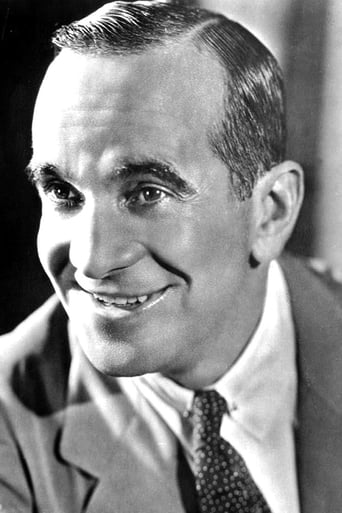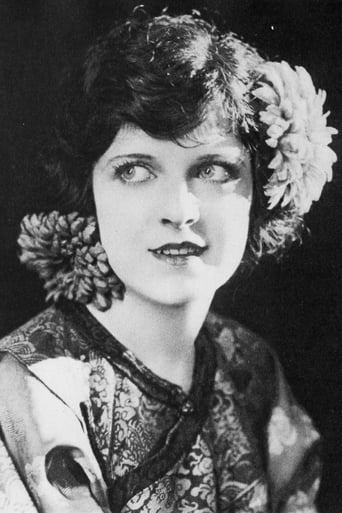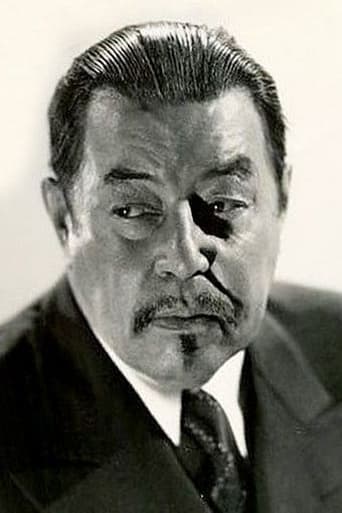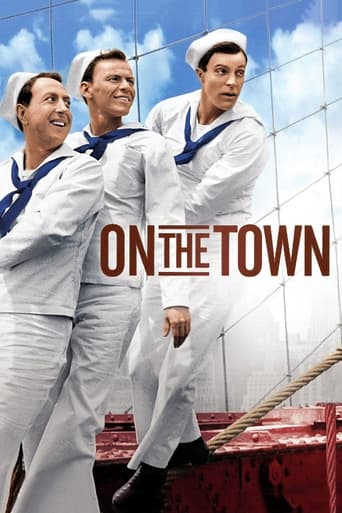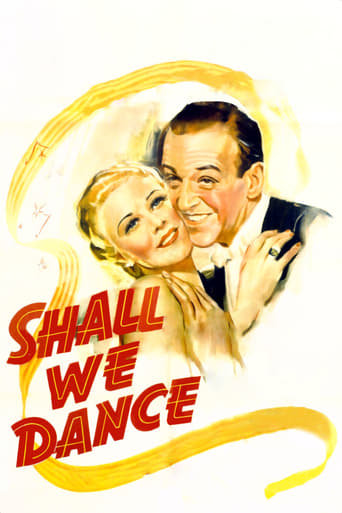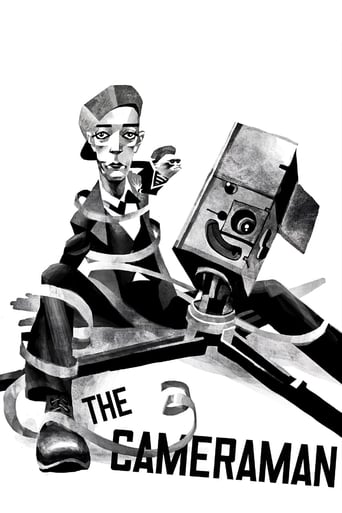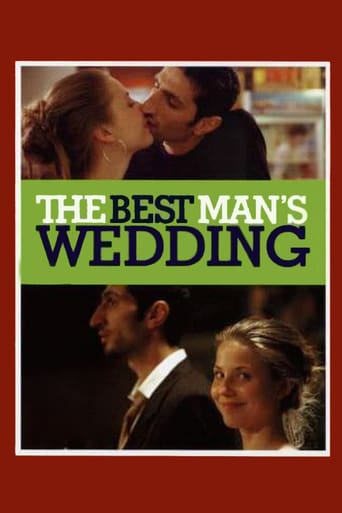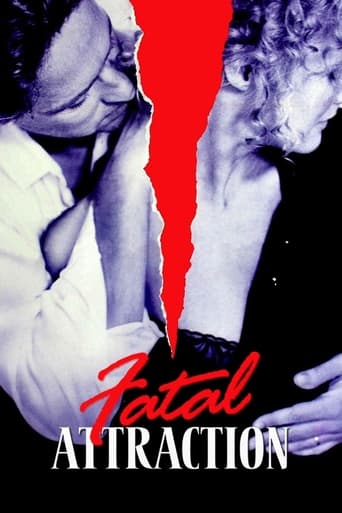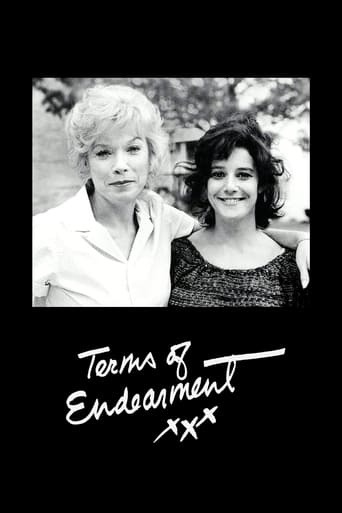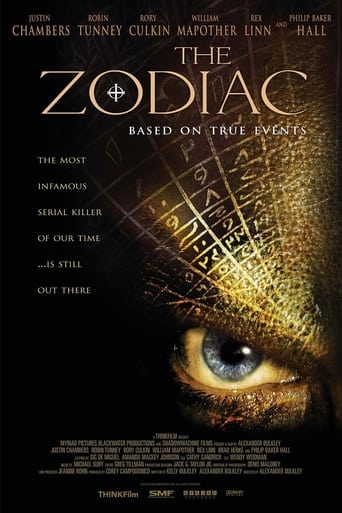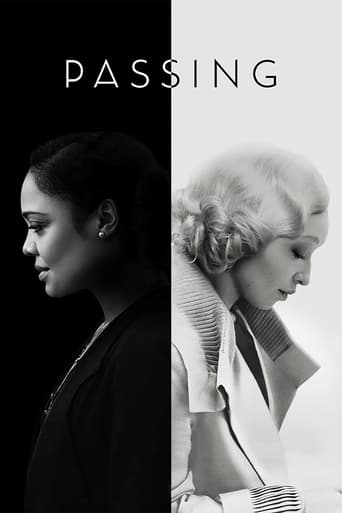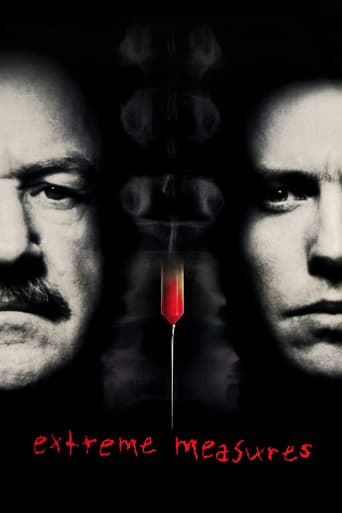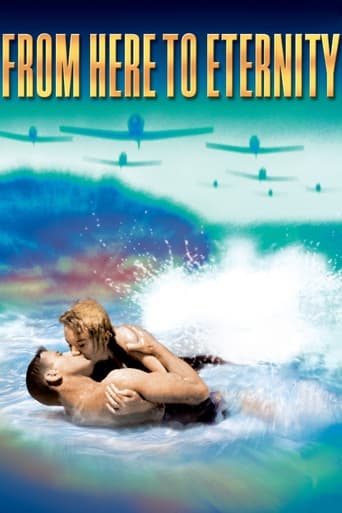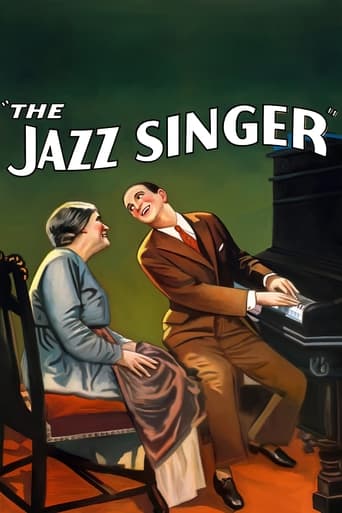
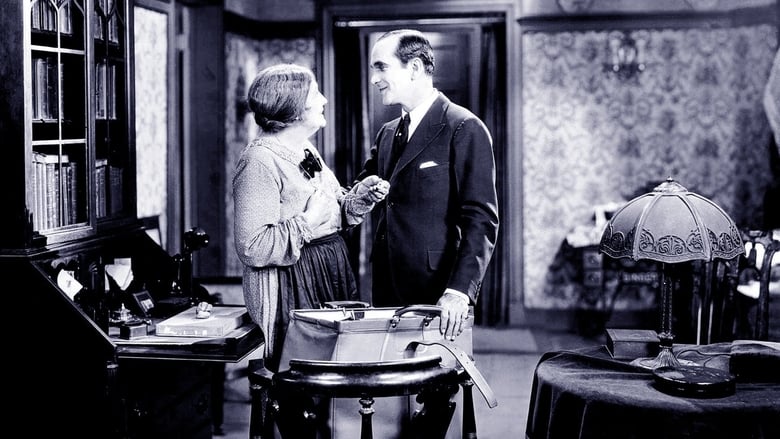
The Jazz Singer (1927)
A young Jewish man is torn between tradition and individuality when his old-fashioned family objects to his career as a jazz singer. This is the first full length feature film to use synchronized sound, and is the original film musical.
Watch Trailer
Cast


Similar titles
Reviews
"Isn't there anything that touches you, that warms you? Every man has a dream, what do you dream about?" That quote comes from my favorite moment of Stanley Kramer's "Inherit the Wind" the movie about the monkey trial ending with the atheist lawyer, played by Spencer Tracy, admitting off the record the power of faith. He wasn't against religion but the way religion could become an oppressive force while its quest for a spiritual meaning could generously provide the kind of harmony every man seeks. That's the idea of "The Jazz Singer", a film about two men who have their own religion, a rabbi who believes in the word of God and his son Jacob (Al Jolson) who believes he can only sing his truth by entertaining people. What they all have in common besides belonging to a prestigious generation of Cantors is the same 'tear' in the voice, and this is the stuff you can't cheat with. Yet the father won't allow his son to disgrace the family by shouting or dancing to pagan rhythms, the mother is more understanding. Religion becomes oppressive and pushes little Jackie to leave the house and fulfill his dream. The rest is history... and today, the movie is mostly famous for being the first talkie, and the talkies couldn't have a better start than something enlightening us about the power of a voice, of music, and how it translates your thoughts, your emotion, your demons so powerfully it can reach other souls. There's something in "The Jazz Singer" that fittingly touches the essence of the medium and we might have noticed it if we weren't so busy looking at it as a pioneer. Indeed, I've been interested in movies ever since 1995 and the whole centenary celebration. In these Internet-less times, there wasn't a book I opened, a documentary I saw that didn't mention the iconic "Jazz Singer". You'd have asked me as a kid about the first talking picture, I would give you the title and the most iconic image, a singing black-faced man... and I thought that the movie was only consisting on a man singing, a short film whose novelty was enough to made a sensation. Then I saw the first excerpts from "Goodfellas" with the "Toot, Toot, Tootsie" part, then being an AFI buff, I discovered the line "Wait a minute, you ain't heard nothing yet" the first unsung line of history. I noticed many cartoons of the Golden Age made a reference to the "Manny" song. And then, I saw the episode of "The Simpsons" revealing that Krusty the Clown was estranged with his father, a rabbi who disowned him after he became an entertainer. I know it's not a very interesting story but just to say that all these little pieces of the puzzle made me believe that "I saw everything yet". But I didn't! What makes the film so great has actually nothing to do with its status. Of course, the music is integral to its power, but had this film been the second or third talking picture, it would have changed absolutely nothing to its greatness. Yes, it is outdated by many elements (actually there aren't many talking parts) but the film is as modern and relevant today as it was nine decades ago as a riveting portrayal of an inner conflict, a man who has a dream but a heart too. Our Jazz singer must choose between whether the show must go on and the call of his race, from deep inside. There comes a point where he either misses his first show on Broadway or not sing during the Atonement ceremony because his father is too sick. At that moment, I was at the edge of my seat as if I was watching a thriller. I've said it once and I say it again, the greatest thrills come from these powerful conflicting dramas. And when Jackie says "I must choose between losing my career or breaking my mother's heart", I couldn't handle the desperation, whatever ex-machina could have saved him, I was ready to accept it, Because Jackie wasn't just desperate, he was angry at his boss to ask him to abandon his parents or threaten him to lose his job. That climactic sequence was one of the most powerful I've experienced recently and the resolution was just perfect. Ebert said about Astaire's blackface number in "Swing Time" that, according to the Cinebooks essay, it was "perhaps the only blackface number on film which doesn't make one squirm today", I know there was some controversy around Jolson's blackface, but when he sang Manny, I was literally hypnotized by the tears in his voice and could see beyond the race. Just like any non-Jewish person can relate to Jackie, I don't think the blackface is played as an insult or whatever derogatory, if anything, this is a film that more plays for the ears than the eyes, and for the spirit, more than the ears. Speaking of religion, "The Jazz Singer" is also one of the first movies immersing us in a faith that is not Christian, a film that takes you in the intimacy of a culture. Hollywood was created by many immigrants who escaped from the pogroms in Eastern Europe, it's only fitting that one of the seminal Hollywood movies plays like a tribute to their faith, especially since religion is never preached but plays like an antagonist at first before reconciling with jazz through the idea that it's only a way to reach people, after all, if music wasn't so powerful, psalms wouldn't be sung and jazz wouldn't have religious songs. So I conclude by saying that it's more than a pivotal moment in Hollywood history, it's a great movie on its own merits, I said about "The Mission" that it was the greatest movie about the three universal languages of the soul: faith, love and music, well, maybe I'd consider "The Jazz Singer" a close second.
In a review here on IMDb of Jerry Lewis' 1959 TV version of the Jazz Singer a reviewer stated that the Jazz Singer is a film very much of its time. I've now seen four versions: Lewis' TV adaption, the original with Al Jolson, the 1952 Danny Thomas version, the Neil Diamond 1980s version, and Jerry Lewis' TV adaption. I now understand why the Jazz Singer belongs to its original time period. It's not a story about a jazz singer - though all the versions over the years have kept the title. At first I thought it was Jolson's personality and performance that made the story legendary. Certainly the power of hearing Jolson sing was instrumental in making the original movie a sensation.The story is about the old clashing with the new: it's apt that it was chosen for Jolson's vehicle, part silent mixed with the scenes of Jolson singing (as I remember it, none of the scenes with sound were all dialogue: all featured singing, and two of the singing voices weren't Jolson's).It's also about the old generation clashing with the new generation: the father's old world cantor struggling with the son's new world show business song and dance man.The story doesn't really work in the later versions. Jerry Lewis was a good singer and he's fantastic in the opening sequence. But his version is really more about him as a comic. The Thomas version is bland and pedestrian. The Neil Diamond version is cheesy and unconvincing: for one thing, he's not a jazz singer, he's a pop singer. The later movies are dominated by the echoes of the elements of the Jolson movie, already clichés by the end of the 1920s: the big show, the big chance, the call to his father's deathbed, and the last scene with the son honoring the father.The original is charged by its reflections of Jewish culture: the big chance comes on the evening of Yom Kippur, and the son's reconciliation comes through performing his father's role of singing Kol Nidre and leading the evening services. For me one of the most powerful sequences of the movie doesn't feature Jolson singing: it's the scene in which his character hears Yossele Rosenblatt singing- in a theater, note, not in a synagogue. I realized that the Jazz Singer also echoes the anxieties of the first European born generation regarding the American born second generation: will they keep the traditions, or reject everything, including morality and religious belief. The 1950s versions- both the Thomas movie and Lewis' TV play- have a father who is evidently American as well. Hence the story doesn't have the resonance of the fears of adjusting to a new country and the freedom it brings. (Diamond's version features a father who is a Holocaust survivor, but as I remember it the movie doesn't greatly explore the father's ambivalence towards the openness of American society.)The later movies are also dominated by the echoes of Jolson's performance, not just his singing, but also in the scenes in which he pays tribute to his father and his heritage by leading the Kol Nidre service. It's both interesting and bizarre that in the closing of the Lewis version, Jerry Lewis is wearing cantor's robes and his clown makeup in the synagogue before the congregation- a reference to Jolson as a show business legend and to Jolson's performance as Jack Robin, the son conquering the new world with its modern new media, and at the same time continuing the culture of his heritage. The movie still has much to say to modern audiences. And despite the limitations of the early sound technology the outdated conventions of silent film acting and storytelling, and the numbers in blackface which are now seen as offensive, Jolson shines in the performance of his life.
The Jazz Singer (1927): Dir: Alan Crosland / Cast: Al Jolson, May McAvoy, Warner Oland, Otto Lederer, Richard Tucker: First successful sound film with Al Jolson playing a successful jazz singer who fled home at a young age. His father is a Cantor who believes that his son is debasing the voice that God gave him but his mother is supportive. He soon meets a woman who claims that "there are lots of jazz singers but you have a tear in your voice." They get acquainted and tour New York. When his father becomes ill he wishes for his son to perform his duties at the church. This leads to predictable circumstances and a questionable performance by Jolson in blackface. Well directed by Alan Crosland with terrific musical numbers that distract us from the fact that the screenplay really isn't that interesting. Jolson gives an inspiring performance as a man seeking direction but his blackface appearance is offensive and best left on the cutting room floor. His female partner encourages his talent towards his own independence. His parents on the other hand, are as idiotic as the blackface performance. His father is a stereotype with a stick up his ass who pushes his views on his son. His mother isn't much broader. In supporting roles are May McAvoy, Warner Oland and Otto Lederer. Overrated formula driven story highlighted by Jolson's energy and sincere song and dance. Score: 5 / 10
Finally after all these years of hearing about this movie, and seeing clips from it in historical film documentaries, I finally watched it! And I really liked it too! The story is universal and still applies today, Jolson was great as the Jewish cantor's son who wanted to be a jazz singer instead of a cantor like his father. Of course this movie is famous for having bits of dialogue spoken, and they are spoken during the song sequences. This device is both really cool, and makes you wish the whole movie were a talky, but it also is kinda annoying at times too, as the transitions are a bit awkward. Overall, I really liked this movie, though, it's got heart.


